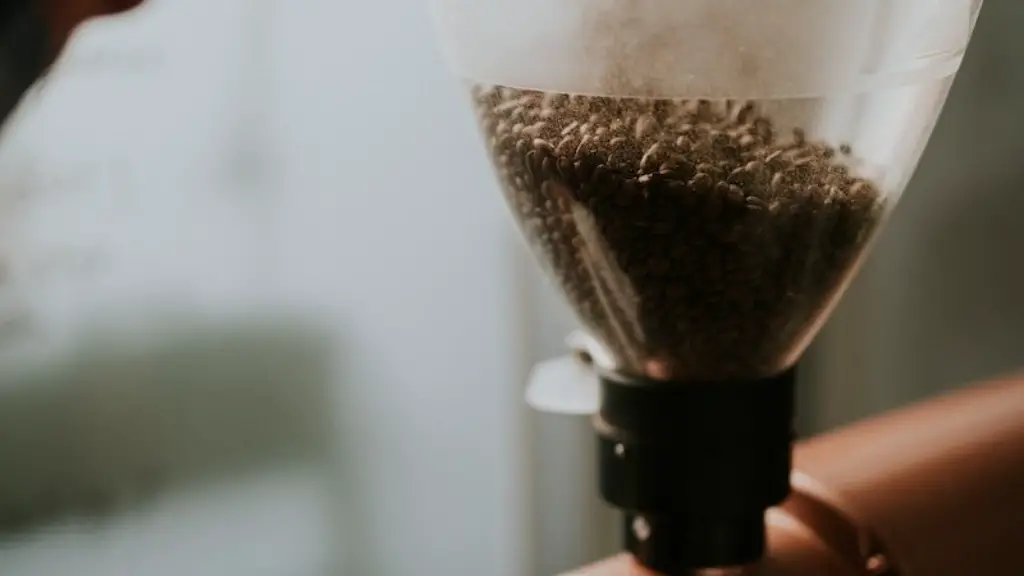Intermittent fasting (IF) is a popular dietary strategy that has gained a tremendous amount of popularity in recent years due to its potential health benefits. Research has shown that IF can help regulate hormones, reduce inflammation, and improve mental clarity.
However, when it comes to drinking coffee while intermittent fasting, there is much debate as to whether or not it is safe and beneficial. On the one hand, coffee has many health benefits, and IF promotes the use of natural foods and beverages. On the other hand, coffee is a diuretic and can cause dehydration if consumed in excess.
To understand the issue of coffee and intermittent fasting fully, it is important to be aware of some of the key benefits and risks associated with this combination. This article will explore these benefits and risks and provide insight from experts on the topic.
Benefits of Drinking Coffee During Intermittent Fasting
The main benefit of drinking coffee during intermittent fasting is that it can help to suppress hunger and promote fat-burning. Coffee contains a compound known as caffeine, which is known to boost metabolism and help the body to use stored fat for energy. This means that drinking coffee during IF can help to reduce hunger and make it easier to stick with the fasting period.
In addition, research has also shown that coffee can help to reduce inflammation, improve mood and mental clarity, and provide protective benefits against certain diseases. These health benefits could be further enhanced when drinking coffee during intermittent fasting.
Risks of Drinking Coffee During Intermittent Fasting
Although there are many potential benefits to drinking coffee while intermittent fasting, there are also some risks associated with this combination. The most significant of these risks is dehydration. As previously mentioned, coffee is a diuretic and can cause dehydration if consumed in excess. This can be especially dangerous when combined with intermittent fasting, as the body is already in a state of dehydration.
In addition, consuming caffeine during IF can also have an energizing effect, which can make it difficult to stay focused and relaxed. This can lead to feelings of stress and anxiety, which can have a negative impact on overall health.
Finally, it is important to be aware that drinking coffee during intermittent fasting may interfere with the body’s ability to properly absorb nutrients. This can lead to a number of nutritional deficiencies, which can have serious consequences for overall health.
Expert Insights on Coffee and Intermittent Fasting
When it comes to drinking coffee during intermittent fasting, experts are divided on the safety and benefits of this combination. Some experts believe that it is safe to consume small amounts of coffee in moderation, while others believe that it should be avoided altogether.
According to one expert, it is best to avoid drinking coffee during a fast, especially for those who are just beginning. This is because caffeine can interfere with the body’s ability to adjust to the new diet. According to this expert, it is better to stick with organic tea or herbal teas during a fast, as they contain essential nutrients and can help to reduce dehydration.
Another expert believes that while there may be some risks associated with drinking coffee while fasting, the benefits can outweigh the risks when consumed in moderation. This expert believes that drinking a small cup of coffee or two during the fasting period can help to suppress hunger, provide an energy boost, and boost mental clarity. As long as it is consumed in moderation, this expert believes that drinking coffee during intermittent fasting can be beneficial.
Impact on Metabolism
When it comes to the impact of drinking coffee on metabolism during intermittent fasting, it is important to be aware that metabolism can be affected both positively and negatively. On the one hand, drinking coffee can provide a boost in energy and metabolism due to its stimulant effect. However, it is also important to be aware that drinking too much coffee can lead to increased stress hormones, which can have a negative impact on metabolism.
In addition, drinking coffee during a fast can interfere with the body’s natural fasting process, as the caffeine can prevent the body from entering a state of deep rest and relaxation. This could potentially disrupt the body’s natural healing process and create an imbalance in the hormones responsible for metabolism.
Overall, experts agree that if coffee is consumed in moderation during a fast, it can be beneficial. However, if it is consumed in excess, it can interfere with the body’s natural fat-burning processes and lead to undesirable metabolic effects.
Conclusion
Ultimately, it is up to the individual to determine whether or not drinking coffee during intermittent fasting is safe and beneficial. Coffee has many potential health benefits and can help to suppress hunger, but it can also lead to dehydration and stress if consumed in excess. Therefore, it is important to be aware of the potential risks and benefits before deciding whether or not to drink coffee during intermittent fasting.



